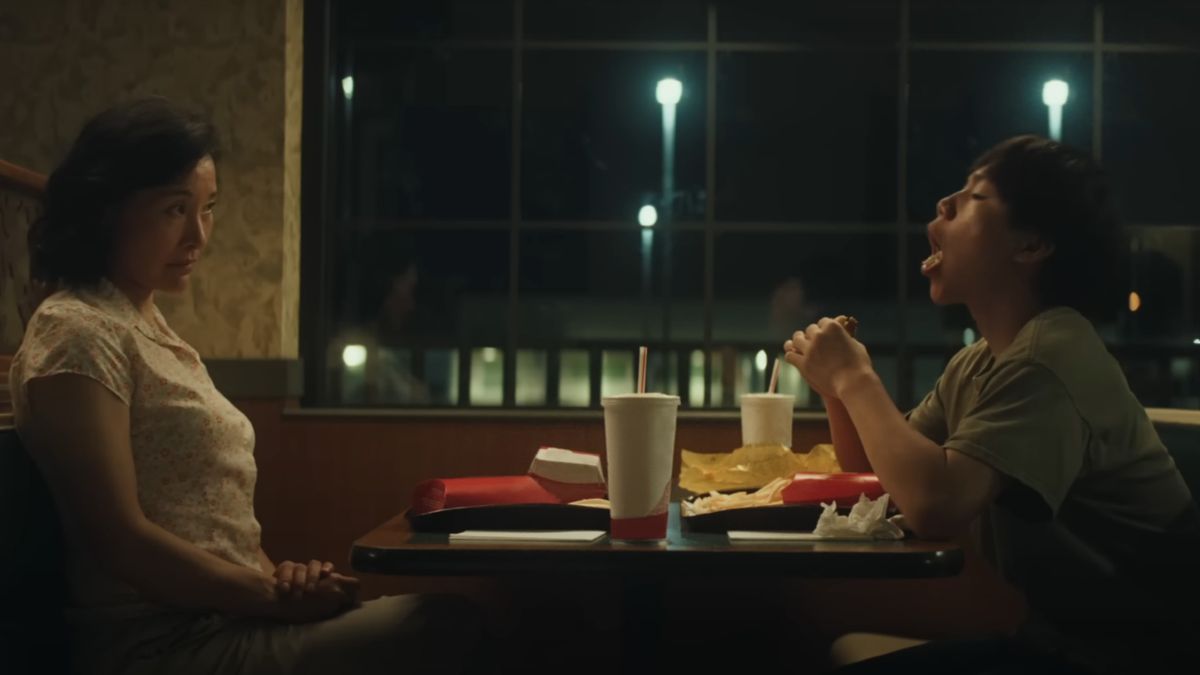For many, France feels like a very different place on Monday.
The results from the first round of legislative elections, held on Sunday, revealed a country deeply fractured, with a surging far right winning a record number of votes and the near collapse of President Emmanuel Macron’s centrist party.
“The far right at power’s door,” the cover of Le Parisien, a daily newspaper, pronounced the morning after the first half of the snap election called by Mr. Macron.
“Twelve million of our fellow citizens have voted for a far right party that is clearly racist and anti-Republican,” the left-leaning Libération newspaper declared in an editorial, referring to Marine Le Pen’s National Rally party. “The head of the state threw France under the bus, the bus continued without slowing down, and now it’s parked in front of the gates of Matignon” — the prime minister’s office.
If the National Rally takes an absolute majority in the runoff on Sunday, Mr. Macron will be forced to appoint a prime minister from its ranks, who will in turn form a cabinet.
There was a sense of whiplash and disbelief at the political nosedive of Mr. Macron’s party, which with its allies has had the most seats, but not an absolute majority, in the National Assembly. That centrist coalition finished a distant third in the first round of the two-round electoral race. Only two of his candidates — and not one of his ministers who were running for a seat — got enough votes to be re-elected without a runoff for their positions, compared with 37 members of the far-right National Rally, and 32 of the left-wing coalition of parties called the New Popular Front, which came in second.
The results of the first round of voting do not typically provide a reliable projection of the number of parliamentary seats each party will secure. But the National Rally now looks very likely to be the largest force in the powerful National Assembly. The question is whether it will get enough seats to command an absolute majority.
If that does not happen, the National Assembly will most likely be ungovernable, with Mr. Macron’s centrist party and its allies squeezed between the right and the left and with greatly diminished power.
“End of an era,” declared the front page of Les Echos, the main business daily.
“When historians look back on the dissolution, they will have only one word: disaster!” stated an editorial in the conservative newspaper Le Figaro.
“Emmanuel Macron had everything, or almost everything,” it continued. “He lost everything.”
On the ground, the reaction to the vote reflected the country’s divisions. In the north, considered a stronghold of the far-right National Rally, there was jubilation.
“I’m going to party all night long,” Manuel Queco, 42, a contractor, said in a local hall in the town of Hénin-Beaumont, where Ms. Le Pen was receiving one round of congratulations after another on Sunday evening, after she was elected outright in her own race. As the crowd of National Rally supporters burst into a round of the national anthem, Mr. Queco raised his glass of Champagne. “I’ve been waiting for them to win since I was 18 years old.”
In Paris, the results of the first round revealed an electoral map that had blocked out the National Rally almost entirely, but was divided between the New Popular Front and the president’s party. Yet, the predominant feeling in the Place de la République, where thousands of left-wing supporters gathered Sunday night, was one of sorrow and commiseration.
“I never thought I would see this in my life — the far right leading the country,” said Camille Hemard, 50, a professor of Latin, Greek and French at an advanced preparatory college. She had brought along her 16-year-old daughter to seek solace in the crowd that danced and chanted, “Everyone hates the fascists.”
She added, “I had hoped my children would not know this.”
Official results published by the Interior Ministry showed that the National Rally and its allies won about 33 percent of the vote. Mr. Macron’s centrist Renaissance party and its allies took about 20 percent, and the New Popular Front won about 28 percent of the vote.
From the radio, television sets and news websites, pollsters reminded people that not everything was decided. Only 76 of the country’s 577 legislative seats were won outright. A battle would ensue for the remaining 501 this week, until the definitive vote on Sunday. The question many were asking was how many candidates would drop out of three-way races in a strategic move to block the far right from winning.
In French politics this is known as forming a “Republican front” or a dam, although that strategy has frayed significantly over the past few years.
“Dam” declared the headline of the editorial of the far-left newspaper L’Humanité. “Disaster has never been so close,” wrote Sébastien Crépel, an editor. “There is still time to stop this.”
On Monday, the euro and the French stock market rallied on optimism that the Euroskeptic National Rally, despite its crushing victory, might not get an absolute majority in the runoff. Investors are now betting that the most likely outcome Sunday is a gridlocked Parliament in which neither the far right nor the left can obtain a majority.
But that optimism might be short lived. Economists are warning of the risk of a debt crisis if a paralyzed government cannot rein in France’s finances, or if the National Rally wins an absolute majority and goes on a spending spree to make good on expensive economic promises that it made to voters.
While the leaders of the left-wing coalition vowed their third-place candidates would withdraw to prevent a National Rally candidate from winning the seats, the message from the presidential camp was muddled.
Gabriel Attal, the young prime minister whose days in the job are most likely numbered, announced that there was a “moral duty” to “prevent the National Rally from having an absolute majority.” Other key members of Mr. Macron’s centrist alliance, however, were more speculative, with one saying that the decisions about which candidates would stand down would be made area by area. And former Prime Minister Édouard Philippe put out a call to block not just the far right, but also the far-left party France Unbowed, a member of the left-wing coalition.
“On Sunday, Macron’s party once again lacked clarity and was unable to give clear instructions,” wrote Solenn de Royer, a columnist in the country’s leading newspaper, Le Monde.
For the far right, the first round was a clarion call to double down on promoting its view that the country is overrun by immigration and plagued by crime.
In an open letter to the French, the president of the National Rally, Jordan Bardella, announced the country now had a choice between his party, which he said would bring back order and respect, and the left-wing coalition, which he said posed “an existential threat to the nation.”
“France’s destiny cannot be entrusted to these arsonists, who are embracing a strategy of permanent conflict,” he wrote.
The editorial in Le Figaro laid out a similar choice for readers, saying that the National Rally agenda was “certainly worrying in many ways, but facing them: antisemitism, Islamo-leftism, class hatred, tax hysteria.”
For the left, the existential threat was clearly the far right coming to power for the first time since the collaborationist Vichy Regime during World War II.
“All the people like me in the middle will have to choose an extreme,” said Hawa Diop, 25, who had drifted into Place de la République with two friends on Sunday after a day of shopping. All three had immigrant parents from North and West Africa, and felt threatened by the far right’s anti-immigration politics and a long-term plan to ban Muslim women from wearing the head scarf in public.
“We still hope it won’t happen,” she said. “Our fingers are crossed.”
Ségolène Le Stradic contributed reporting from Hénin-Beaumont, France, and Liz Alderman from Paris.





